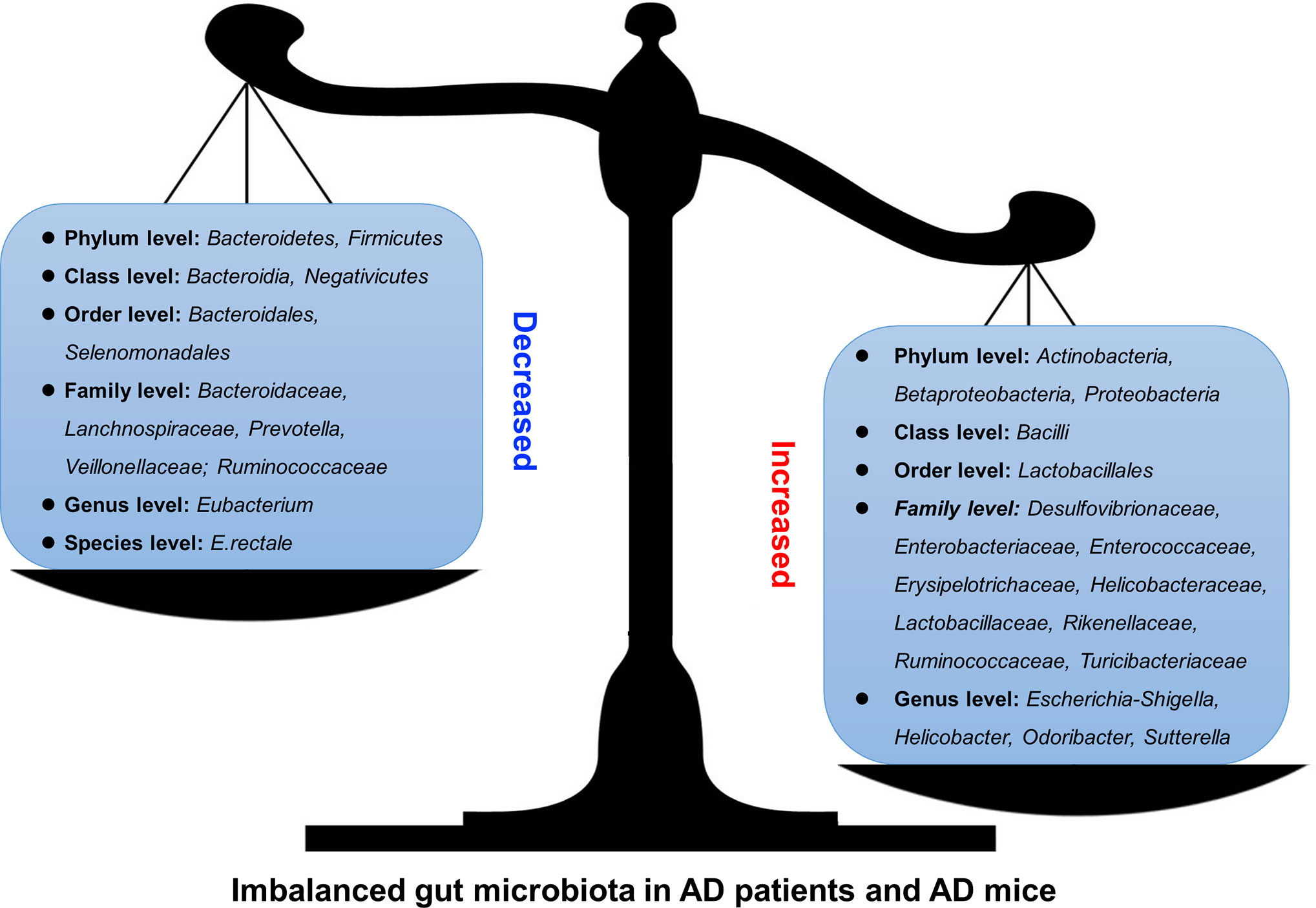
New Research Reveals the Microbiome’s Influence in Disease Management—from Gastrointestinal Infections to Cancer Treatments
Published in [eGastroenterology, 2024](https://doi.org/10.1136/egastro-2024-100086)
The human body hosts a greater number of microbial cells than human cells, with significant concentration in the gut. Approximately 100 trillion microorganisms—bacteria, fungi, viruses, and more—exist within the digestive tract, collectively referred to as the **gut microbiome**. These microbes are essential for sustaining health, defending against infections, and even shaping human responses to chronic disease treatments. Groundbreaking research published in the 2024 edition of *eGastroenterology* provides new insights into the ways in which the gut microbiome affects treatments, especially concerning gastrointestinal infections, cancer immunotherapy, and inflammatory disorders such as ulcerative colitis.
### From Infection to Immunity
One of the clear success stories of microbiome-driven therapies is the management of **Clostridioides difficile infection (CDI)**, a serious and frequently recurring bacterial infection of the colon. Conventional antibiotic therapies often result in re-infections. However, an innovative method, **fecal microbiota transplantation (FMT)**—the process of transferring stool from healthy donors into the intestines of infected individuals—has proven transformative. Recent statistics indicate that FMT can lower recurrence rates by as much as **93%**, presenting a significant advancement for a condition that has traditionally been difficult to treat.
Dr. Prosty, the principal investigator of the study, highlights that the gut microbiome’s impact extends beyond functioning as a **biomarker** (an indicator of the disease state) and proposes that the microbiome itself represents a valid **therapeutic target**. “These results affirm the microbiome’s involvement in disease progression and open avenues for safe, non-invasive therapies that can elevate patient outcomes,” Dr. Prosty stated, underscoring the paradigm shift in disease treatment this research signifies.
### Cancer and Inflammatory Illnesses
The advantages of a thriving gut microbiome are not confined to infectious diseases. **Cancer immunotherapy**, a treatment method aimed at enabling the immune system to identify and combat cancer, has also shown to be affected by a person’s microbiome. Investigators have discovered particular bacterial species, such as **Akkermansia muciniphila** and **Bifidobacterium**, that correlate with enhanced responses to treatments, particularly in cancers like melanoma and renal cancer. Patients exhibiting elevated levels of these beneficial bacteria experienced improved treatment results, suggesting the potential for **microbiome-augmented cancer therapies**.
For patients experiencing **ulcerative colitis**, a long-term inflammatory condition of the colon, re-establishing the diversity of gut bacteria also holds promise. Historically, ulcerative colitis patients have relied on medications that suppress the immune response—treatments that can produce notable side effects and may not benefit everyone. Conversely, microbiome-based therapies aim for a more natural intervention by strengthening the body’s microbial defenses. Preliminary clinical trials indicate that these therapies may alleviate symptoms and even induce **remission** (a phase where symptoms fade), providing an alternative to more aggressive medical treatments.
### Challenges and Future Directions
Despite the encouraging outcomes, the trajectory for microbiome-focused therapies is not devoid of challenges. A primary obstacle is the need to convert findings from **animal studies** to human applications. For instance, while manipulating the microbiome has demonstrated success in obesity research involving mice, similar strategies in human trials have resulted in **underwhelming results in weight management or BMI reduction**.
In addition, elements such as **diet**, **age**, and **lifestyle** introduce variability that complicates clinical trial results. An individual’s gut microbiome is notably unique, prompting investigations into potential **personalized treatments** tailored to one’s specific microbial makeup. Nevertheless, progress is promising: two microbiome-based therapies have received approval from the **U.S. Food and Drug Administration (FDA)** for treating CDI, and ongoing research strives to refine and enhance therapeutic methods.
### Conclusion
As researchers persist in deciphering the intricate interactions between microbes and human health, microbiome-centered therapies hold the potential to transform treatment modalities for a variety of conditions—from persistent gastrointestinal infections to severe cancers. While challenges persist, these therapies stand as one of the most thrilling frontiers in medicine, offering less invasive, natural interventions that could profoundly enhance the quality of life for patients.
—
### Glossary
– **Microbiome**: The ensemble of microorganisms residing in the digestive system.
– **Fecal microbiota transplantation (FMT)**: The technique of transferring stool from a healthy donor to a patient for therapeutic purposes.
– **Immunotherapy**: A treatment aimed at boosting the immune system’s capability to combat diseases like cancer.
– **Remission**: A stage in which the symptoms of a disease improve or disappear.